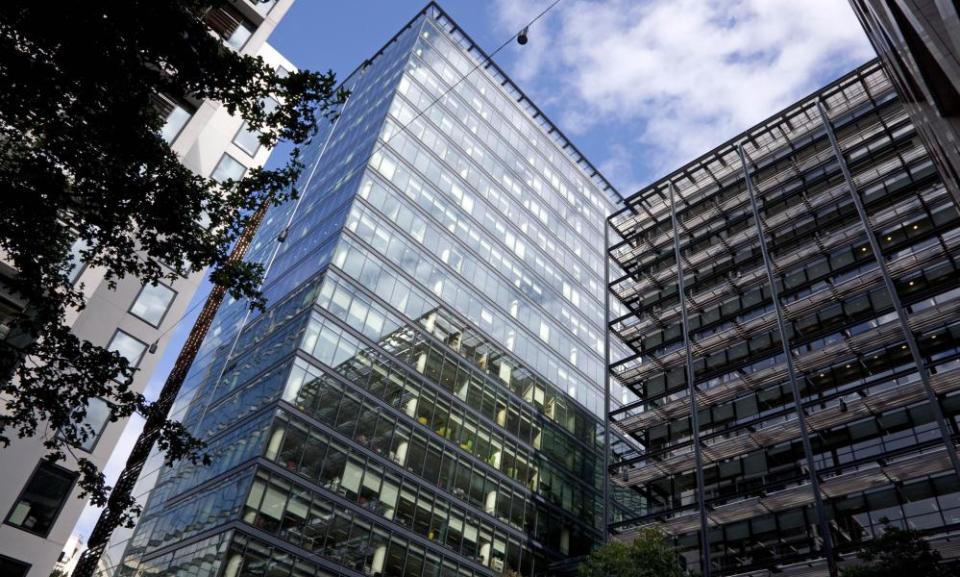FTSE 100 executive pay falls by 19% ahead of controversial reforms, says Deloitte

Pay for Britain’s top bosses has fallen by almost a fifth, suggesting companies may be reining in excessive rewards as the government reviews options for further reform.
The median pay for chief executives at FTSE 100 companies, which includes bonuses and other long-term incentives, fell 19% to £3.5m in 2016, from £4.3m a year before, a survey by Deloitte found.
Total pay fell as companies trimmed the amount bosses could earn from bonuses and share plans. Median salaries rose by about 2% but the number of salary increases of 3% or more halved.
The coalition government introduced rules in 2013 that forced large public companies to put a three-year pay policy to a binding shareholder vote, report bosses’ pay more clearly and show the relationship between the pay of the chief executive and the average worker.
Theresa May promised to introduce further curbs when she campaigned for the Tory leadership last year. Critics said her proposals, published in November and still under review by ministers, were weaker than promised after lobbying by business.
Stephen Cahill, Deloitte vice-chairman, said falling pay showed the existing rules were working because last year’s packages were the first drawn up since the 2013 measures. Cahill said: “The fall in executive pay demonstrates that remuneration committees are making a real effort to address shareholder concerns. It seems to show that the current legislation is working.”
The Deloitte survey echoes a recent report by the High Pay Centre that calculated average chief executive pay fell 17% last year to £4.5m. But that report said the average employee would have to work for 160 years to earn the annual pay of a FTSE 100 chief executive.
Deloitte said the median amount bosses could earn as an annual bonus last year was 150% of salary – little changed for a decade. But at the biggest 30 companies the “bonus opportunity” fell from 200% to 185% of salary in the past four years. Amounts on offer under long-term share plans also fell.
Public anger over bosses’ pay increased during years of falling living standards for ordinary workers. Big shareholders responded by voting against pay deals, leading to a series of revolts at annual meetings last year before May made her pledge.
Deloitte found a calmer set of shareholder meetings this year as nine in 10 FTSE 100 companies had more than 80% support on pay. But shareholders voted against pay reports at Pearson, the educational publisher, and Crest Nicholson, the builder.
Tim Roache, general secretary of the GMB union, said the gap between bosses and workers was unfair and bad for the economy.
“These figures mask the reality of a grotesque pay gap between the rich and the rest that has grown unchecked for years. It’s in everyone’s interest to tackle this inequality. The money earned by ordinary workers is not spent on luxury yachts or hoarded away in tax havens – it is spent in the high street and in the communities in which they live and work,” he said.

 Yahoo Finance
Yahoo Finance 